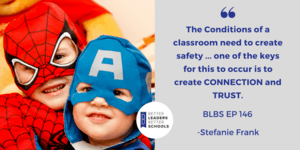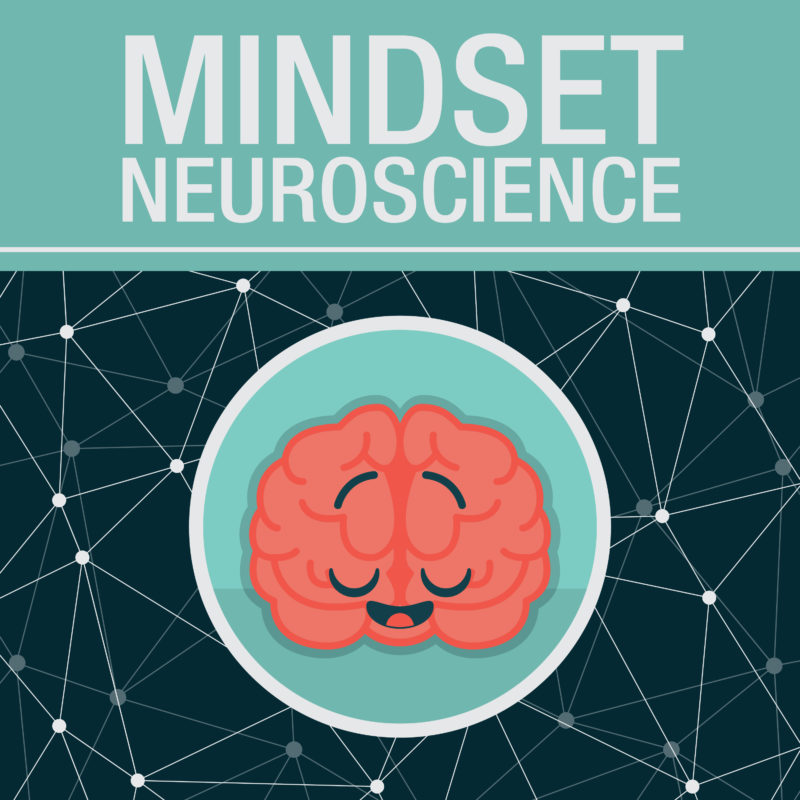Comment about this episode from Better Leaders Better Schools:
One of my favorite podcasts so far! So much wisdom and like you said it is comforting that she affirmed and confirmed things I was already thinking and implementing!
I am having to relisten to take notes.
– Kathleen King
There are many growth mindset interventions that are NOT working.
The reason for this is that what many growth mindset ‘interventions’ are missing is the critical, non-negotiable key to learning:
a sense of safety.
I’ll just say this bluntly: forget about growth mindset if you don’t incorporate the idea of willingness, trust and safety.
Why is this so important?
- The only way someone will create positive change for themselves is if they’re willing to change.
- Being willing to change requires trust.
- Their trust will come from a sense of safety – that you co-create with them.
And from a neurobiology standpoint, by safety I mean being in a state of ‘regulation’.
There are two types of regulation:
- co-regulation (a sense of trust and connection with others), and
- self-regulation (using our own mind and body to get back into an optimal brain state that is not defensive, alert or shutting down).
Without a sense of safety, we literally can’t hear another human’s voice, or focus our attention long enough to actually learn.
We can help others believe in their ability to learn and get better at living out their potential. But we must focus on trust, connection and safety first.
This is a non-negotiable aspect to how humans are biologically wired.
So how do we create a sense of safety? The key is in something called ‘micro-movements’ and ‘micro-progress’.
That’s what Daniel Bauer and I talk about in the Better Leaders Better Schools podcast.



